HS-ETS1-3
Evaluate a solution to a complex real-world problem based on prioritized criteria and trade-offs that account for a range of constraints, including cost, safety, reliability, and aesthetics, as well as possible social, cultural, and environmental impacts.
-
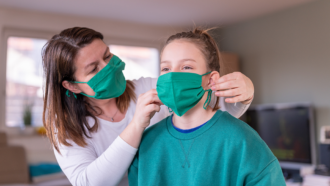 Physics
PhysicsScience offers recipes for homemade coronavirus masks
New studies provide data on what types of mask materials protect best against the virus that causes COVID-19. They also point to the value of a really snug fit.
-
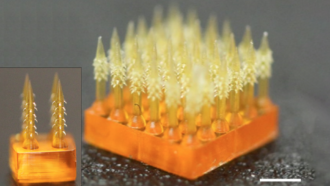 Materials Science
Materials ScienceMicro-barbs could make shots less painful
A new type of microneedle design might take the sting out of shots and stick to the skin better than other approaches.
-
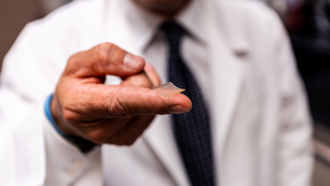 Tech
TechTackling the novel coronavirus calls for novel ideas
Teams around the world are proposing new innovations to fight COVID-19. Projects tackle supply shortages, new treatments, vaccines and more.
-
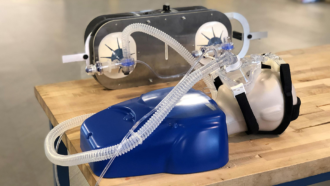 Tech
TechCOVID-19 victims could breathe easier with these innovations
Feared equipment shortages due to the COVID-19 pandemic have prompted research teams to develop novel technologies to help oxygen-starved lungs.
-
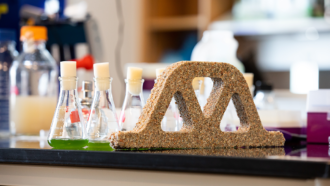 Materials Science
Materials ScienceThis ‘living’ concrete slurps up a greenhouse gas
Microbes help harden a mix of sand and gelatin into a living concrete that could interact with people and the environment in great new ways.
-
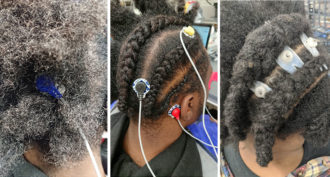 Science & Society
Science & SocietyBrainwaves of people with coarse, curly hair are now less hard to read
Electrodes weren’t designed for people with coarse, curly hair. A redesign was needed, scientists say.
-
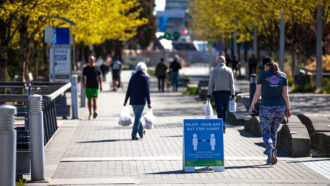 Health & Medicine
Health & MedicineSix foot social-distancing will not always be enough for COVID-19
To avoid COVID-19, keeping a 6-foot social distance is a good rule of thumb. But for plenty of instances, that might not be nearly far enough.
-
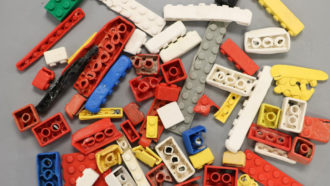 Environment
EnvironmentLegos could last a disturbingly long time in the ocean
By looking at toys washed up on beaches, scientists have estimated how long it takes hard plastics to break down in the oceans. And it’s a long time.
-
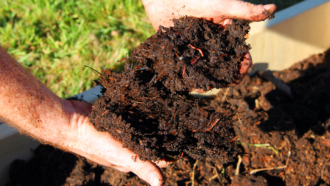 Environment
EnvironmentGreener than burial? Turning human bodies into worm food
Composting human bodies yielded good results — and good soil — in one small study. It could become an alternative to burial or cremation in one state.
-
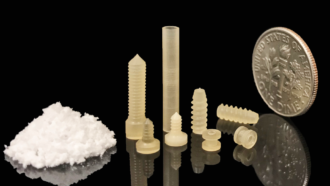 Materials Science
Materials ScienceSilk can be molded into strong medical implants
Freeze-dried and powdered silk has a long shelf life. It also is cheap to ship and can be molded into sturdy medical implants.
By Sid Perkins -
 Science & Society
Science & SocietyCOVID-19: When will it be safe to go out again?
No one yet knows when social distancing can end. Experts explain we need 'herd immunity,' which won't be easy and may come at a horrific cost.
-
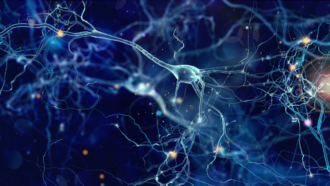 Brain
BrainZapping the brain may make it work right again
Sending electrical zaps to electrodes implanted deep in the brain can help people with Parkinson’s disease, depression and even obsessive-compulsive disorder.